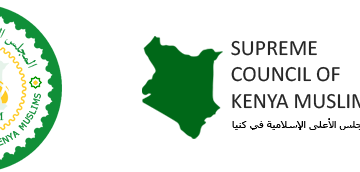Background information of IRDIS
The Institute for Interreligious Dialogue and Islamic Studies (IRDIS) was founded in 2019 based on a partnership between the Missionaries of Africa (Mafr.), Tangaza University College (TUC) and AGIAMONDO – Civil Peace Service. By becoming an independent institute, IRDIS realized a long-standing dream, agreed upon by TUC and MAfr. leadership since 2003.
The establishment of this centre for Interreligious Dialogue (IRD) addresses the increasing needs in the field of dialogue and cooperation between religions, with a dedicated focus on studying Islam in the East African context. As a hub for IRD, IRDIS bridges the gap between academic and practical experiences on IRD, while being a safe space for inclusive dialogue.
IRDIS is founded on three pillars: (1) Offering academic programmes, (2) Building strong partnerships and networking with local, national and international partners, and (3) Providing services through outreach programmes and advisory services.
Vision of the Institute
Kenya is peaceful and Interreligious Dialogue (IRD) is used as an inclusive tool for social cohesion by catholic, faith-based and academic actors to promote IRD for peace, justice and integrity of creation. Gender Mainstreaming and Inclusion are integral parts of IRD. Tangaza University College hosts a physical IRDIS centre as a national and international hub for academics and practitioners of IRD.
IRDIS has developed full academic and pastoral programmes for Interreligious Dialogue. IRD content is integrated in all academic programmes. IRDIS offers a variety of IRD training, projects and outreach programmes as part of community engagement, both at the grassroot and academic level in order to increase the inclusivity and effectiveness of faith-based peace building.
Mission of the Institute
A strong partnership between MAfr., Tangaza and IRDIS’ partners is sustained and enhanced. IRDIS builds capacities in IRD as a constructive tool for peace and social cohesion and enhances knowledge and collaboration amongst religions. IRD is used proactively as a tool for peace to empower women’s and minorities’ role through the integration of Gender perspectives as a cross-cutting issue into IRD work and content. IRDIS provides safe space for dialogue encounters and advocates for individual and religious freedom. IRDIS establishes full academic programmes with international academic institutions. IRDIS reaches out to national and international actors on IRD matters to build networks and collaborations. Through internal capacity building, IRDIS effectively implements programmes and serves as a national and international hub for dialogue activities and networks.













